"I would not understand an independent CAV without Navarra"
- Bakartxo Ruiz (Pamplona, 1977) is the spokesman for Bildu in the Parliament of Navarra and, after turning the page of the Goicoechea case, he has been at the head of the sovereign coalition. It tells us that if the PSN is not possible, the alternative will be completed without them, that society will give the opportunity to do so.
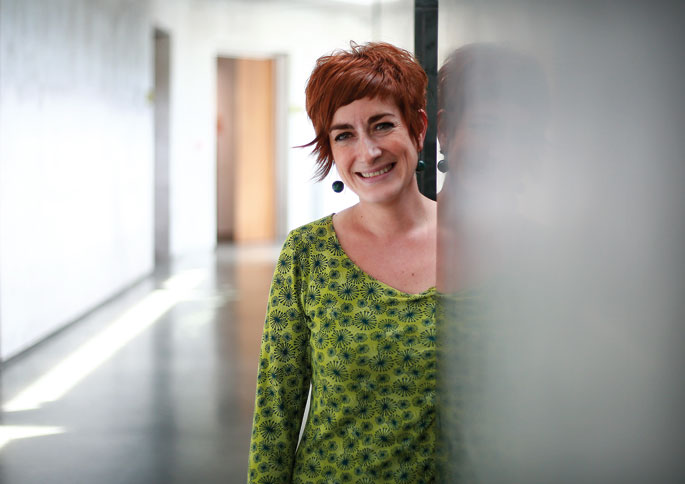
If things do not get much worse, everything indicates that the SNP will continue to support the UPN Government. It is not very optimistic, neither now nor for the next parliamentary term.
Recent developments demonstrate this, that the PSN has decided that UPN should remain in government. In the last 30 years, in one way or another, they have retained this regime, most of the time supporting the PSN in the government of UPN. This legislature began in the same way and although they are in crisis at the moment, they will try to fix it and rebuild the regime. In any event, I hope that a new majority will be formed to begin laying the foundations for the change that Navarre needs.
That means that between EH Bildu, Geroa Bai and Left-Ezkerra, who are 18, have to get eight more seats. Miracles…
[Laughs]. Today, there are conditions for what happens on the street to be reflected politically. Navarre is not only UPN and its environment, Navarre society is progressive and now we have the opportunity and the challenge to bring that majority to the institutions.
In the 2011 elections there was also a big leap. Another one now?
Yes, but now a social majority is being formed that goes beyond the nationalist realm, for example, seeing the initiative of the Plaza del Cambio, there is not as a structure of the PSN, but rather a part of its social base.
Are there some members of the PSN, but do you believe that the social base of the PSN is in that area that is moving on the street?
One sector yes and that is with the critical sector of the PSN. But whether there have been social movements or not, a section of the public has relied on the SNP and has now received tremendous disappointment. Faced with this, you will find other ways to bring about real change. The PSN has tried to change that situation from within and I believe that at the moment many of them will try to change the PSN from outside.
If you approach that majority that you say, it seems that those sectors are going to go more easily to Geroa Bai or Ezkerra.
EH Bildu, Geroa Bai and Left-Ezkerra have shown our will for real change and I believe that the whole framework will be strengthened in the elections.
Competition seems to be going to be tough at all levels, including those in favour of change. Do you see you as a second political force?
That will be seen in the elections. There will be competition, but for us it will be much more important to work together between the sectors that are in favour of change. We will at least prioritize that change.
I ask you why some survey has suggested this, as you have suggested, even without the SNP opposition can obtain a majority in Parliament. Is it not UPN’s move to blow up the vote intention to activate its sector to vote?
Surveys are surveys, trends, but yes, I think the real change sector is going to get stronger. However, and with all that has happened, UPN fears that many voters in its area will abstain and will do everything possible to prevent it and activate its space.
As a result of the illegalization, a lot of people on the Abertzale left who were not in politics took part in Bildu's lists. Will you repeat as a candidate?
There is a process of drawing up lists and that is where it should be decided. I'm thinking, but I'm going to take my place. I committed four years, and this is hard. I'm learning a lot from this experience, but it's clear to me that I want to go back to teaching, it's my beloved trade.
It talks about real change. What areas would you prioritize to address this change?
Since EH Bildu has been preparing these bases for some time. In the economic sphere, the priority is tax reform, which guarantees the quality of the provision of basic social services. The one who has more has to give more. The field of linguistic rights is also very important, both to take steps towards the Euskaldunization of the administration and to adapt the Law of the Basque Country and to broaden the possibility of studying in Basque in a non-Basque field. Social rights must also be given special attention, and in view of the setbacks that are being and are being planned, we are preparing a number of initiatives. One of them is the field of women and for that we are in contact with the feminist movement and other agents.
From what you see in Parliament and based on your relations with them, do you see in the SNP the possibility of making changes in the zoning of the Basque Country?
Our intention is to change the Basque Law, but I believe that a small step can be taken without changing the law. UPN has always tried to use the law in the least possible sense, but the law does not prohibit studying in the non-vascophony zone in model D. It does not guarantee it, but it does not ban it either. So why doesn't this gap be exploited? There is demand and there are quite a few sites. In the Basque or mixed area, the law recognizes the right of citizens to relate in Euskera, but then the means are not put in place to do so. Therefore, the PSN also sees the possibility of taking some steps in the Basque country. 15 days ago, for example, he abstained once again in the petition we presented through UEMA, but through the intervention he made we could see that maybe you can open a lecture on the Basque Country and then the PSN can take a small step.
If you can, the CAV will gain independence and then, if you want and can, Navarre will join you. Many independentists think that. What comes to mind when listening to the approach?
The issue is complex and sometimes it is difficult to find the balance between everything and nothing. We have to place this debate in other areas: it is true, we have two states, three administrative areas and each has its own rhythms, but I would not understand an independent CAPV without Navarre. Like all other areas, Navarre will decide its future to determine what kind of relationship it wants with the rest of the territories of the Basque Country, as well as with the rest of the State. Catalonia has taken a path, but I believe that the Basques would not understand such a path.
In his opinion, in theory, the independence of Euskal Herria would have to wait a long time, among other things because in Navarra independence is still scarce.
We are making a path and the most entrenched vision in society is that of the right to decide. That is what we have to push for and let the Navarros and Navarre decide what it is and with whom they want to make their future. Is it so serious that people say what they think? I would like to say that it does not take place. Is this so serious?
EH Bildu is not yet in an election in Navarre. Relations between the forces of Bildu – Sortu and EA – and Aralar have been very tense in the recent past. Do you have greased the collaboration?
We in Parliament are divided into two groups, but we have been working closely for a year and we have made a long way. Outside Parliament we are also consolidating EH Bildu, in some places faster and others slower. Coalitions are always coalitions and have different views, but we're all committed to EH Bildu's project, and we're working on it.
Hasier Arraiz, in an interview with Gara, said: “In the opinion of Sortu, as a coalition of parties, a stage of EH Bildu is running out. (…)”. In his opinion, it is time to "advance in the construction of a broad front of leftist sovereigns". What does this mean?
Without context, I find it difficult to respond well. We always say that EH Bildu is more than a sum of matches. The organisation and operation have so far been a priority between the parties and, from now on, we must also use some of the ways that we have used to work with the social partners. When it comes to a broad front, I think it is being said that something needs to be done that goes beyond parties, putting it into practice.
Sometimes you hear it, does EH Bildu Sortu send?
That is not true, there are different sensitivities and everyone makes their contribution. In long meetings our strategies and policy lines are decided.











.jpg)


.jpg)

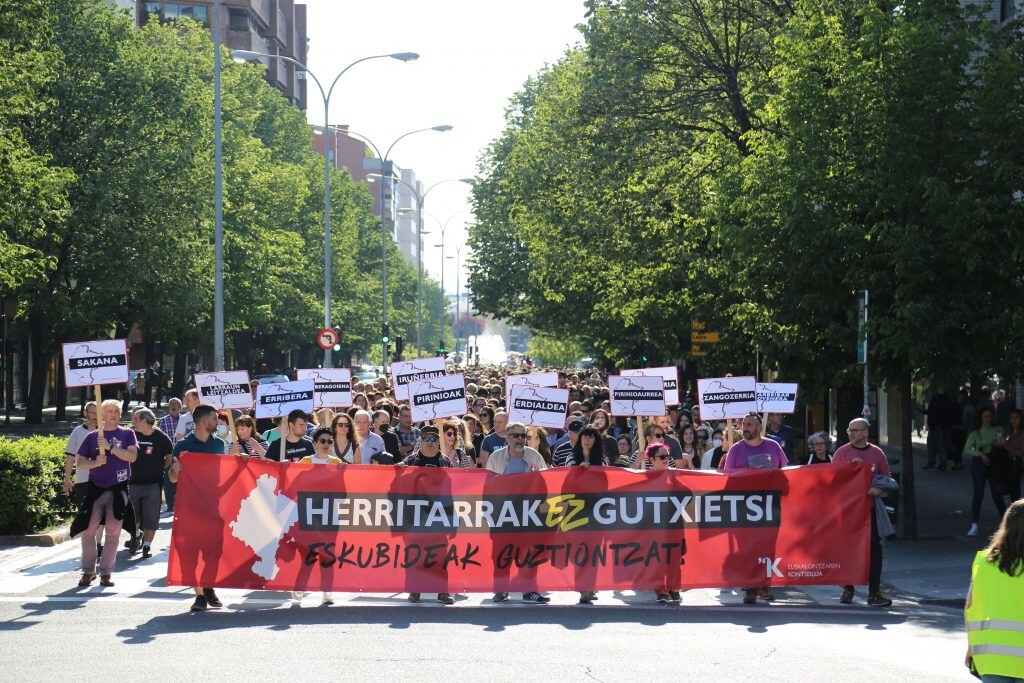
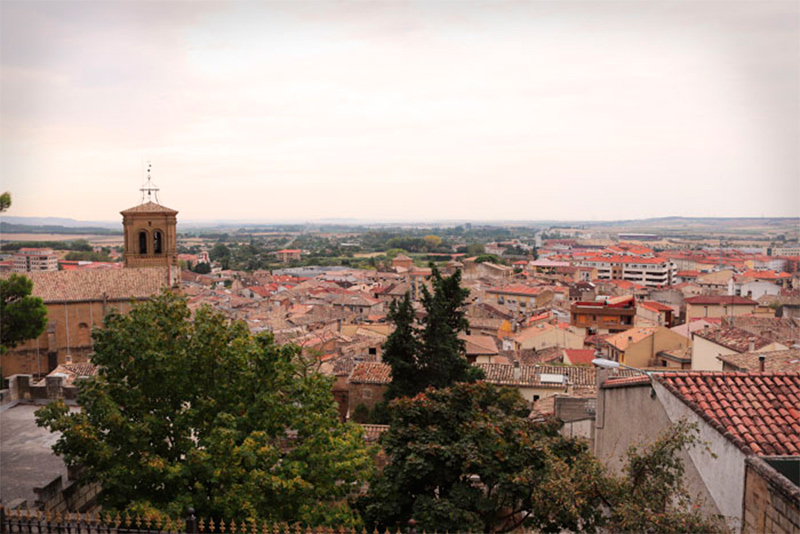

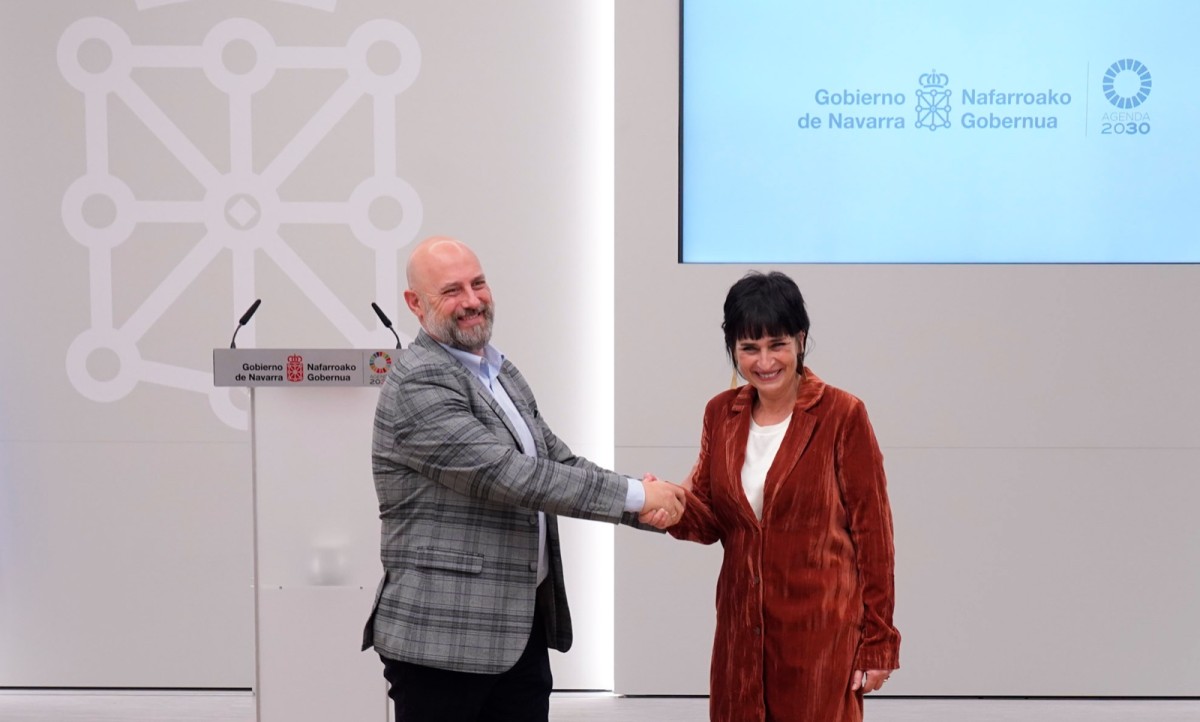

.jpg)

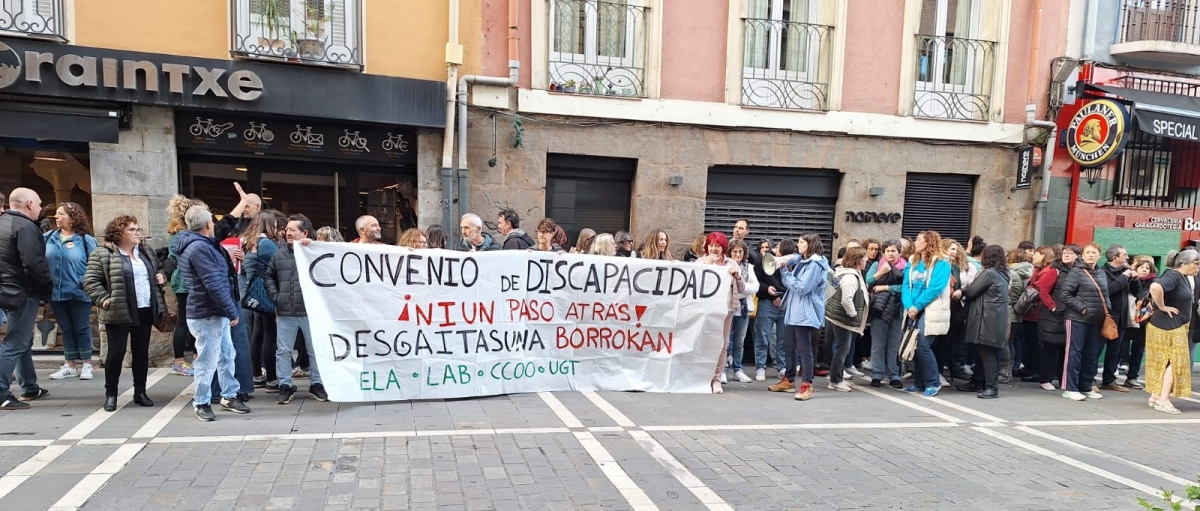
, Nafarroako parlamentuan..jpeg)